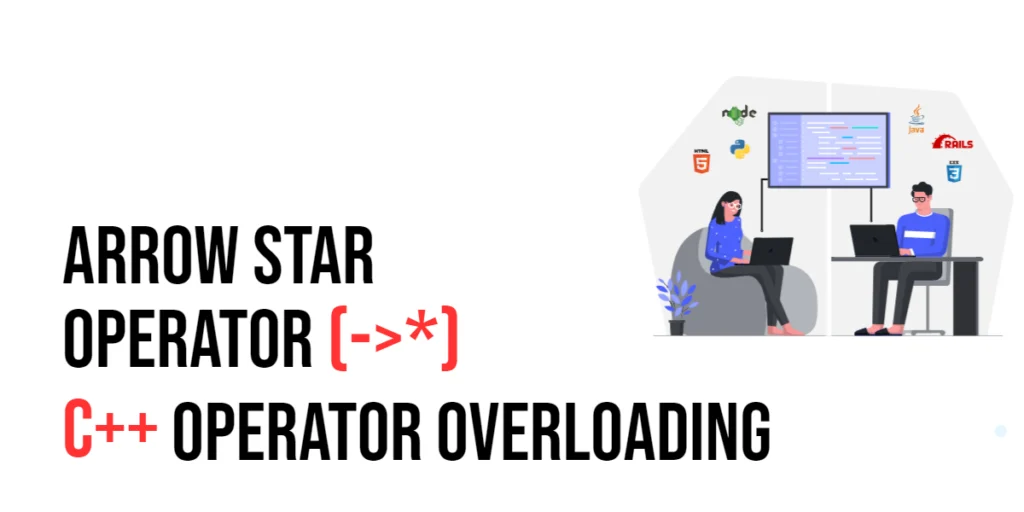Functions are one of the fundamental building blocks in programming, enabling code reuse, modularization, and abstraction. In Lua, functions are first-class values, meaning they can be stored in variables, passed as arguments, and returned from other functions. This flexibility allows for a wide range of programming paradigms, from simple procedural code to complex functional programming techniques.

with hands-on learning.
get the skills and confidence to land your next move.
Understanding how to declare and call functions in Lua is essential for writing efficient and maintainable code. This guide will cover the basics of function declaration, calling functions, using higher-order functions, working with anonymous functions, and handling variable arguments (varargs) in functions. By the end of this guide, you will have a solid understanding of Lua functions and how to use them effectively in your programs.
Declaring Functions
Basic Function Declaration
In Lua, you declare a function using the function keyword, followed by the function name, parameters, and the function body enclosed in end.
function greet(name)
print("Hello, " .. name)
endIn this example, we declare a function named greet that takes one parameter name and prints a greeting message. The function can be called by passing a string argument to it.
greet("Lua") -- Output: Hello, LuaLocal Functions
Functions can be declared as local to restrict their scope to the current block or file. This is useful for encapsulating functionality and preventing name conflicts.
local function add(a, b)
return a + b
end
local sum = add(3, 4)
print(sum) -- Output: 7Here, the add function is declared as a local function, making it accessible only within the current scope. The function takes two parameters, a and b, and returns their sum.
Calling Functions
Passing Arguments
When calling a function, you can pass arguments to it, which the function can then use within its body.
function multiply(a, b)
return a * b
end
local product = multiply(6, 7)
print(product) -- Output: 42In this example, the multiply function takes two arguments, a and b, multiplies them, and returns the result. The function is called with the arguments 6 and 7, and the result is stored in the variable product.
Returning Values
Functions can return one or more values using the return keyword. The returned values can be captured and used in the calling context.
function divide(a, b)
local quotient = a / b
local remainder = a % b
return quotient, remainder
end
local q, r = divide(10, 3)
print("Quotient:", q) -- Output: Quotient: 3.3333333333333
print("Remainder:", r) -- Output: Remainder: 1Here, the divide function returns two values: the quotient and the remainder of the division of a by b. These values are captured in the variables q and r when the function is called.
Higher-Order Functions
Functions as Arguments
Since functions are first-class values in Lua, you can pass them as arguments to other functions. This is a powerful feature that enables higher-order programming.
function applyFunction(f, x)
return f(x)
end
function square(n)
return n * n
end
local result = applyFunction(square, 5)
print(result) -- Output: 25In this example, the applyFunction function takes another function f and a value x as arguments. It calls f with x and returns the result. The square function is passed to applyFunction along with the value 5, resulting in the square of 5.
Functions Returning Functions
Functions can also return other functions, enabling the creation of function generators and currying.
function makeAdder(x)
return function(y)
return x + y
end
end
local add5 = makeAdder(5)
print(add5(3)) -- Output: 8Here, the makeAdder function returns a new function that adds x to its argument y. The returned function is stored in the variable add5, which adds 5 to its argument when called.
Anonymous Functions
Anonymous functions, also known as lambda functions or function literals, are functions without a name. They are useful for short, one-off functions.
local sum = function(a, b)
return a + b
end
print(sum(2, 3)) -- Output: 5In this example, an anonymous function that adds two numbers is assigned to the variable sum. The function can be called using the variable name.
Anonymous functions are often used as arguments to higher-order functions.
function applyTwice(f, x)
return f(f(x))
end
local result = applyTwice(function(n) return n * 2 end, 3)
print(result) -- Output: 12Here, an anonymous function that doubles its argument is passed to applyTwice, which applies the function twice to the value 3.
Varargs Functions
Lua functions can accept a variable number of arguments, known as varargs. The varargs are accessed using the ... syntax.
function sum(...)
local s = 0
for _, v in ipairs({...}) do
s = s + v
end
return s
end
print(sum(1, 2, 3, 4, 5)) -- Output: 15In this example, the sum function accepts a variable number of arguments. The ... syntax captures all the arguments, which are then iterated over using a for loop to calculate the sum.
Conclusion
Functions are a powerful and flexible feature in Lua, enabling code reuse, modularization, and abstraction. This guide covered the basics of declaring and calling functions, passing arguments, returning values, using higher-order functions, working with anonymous functions, and handling varargs. By mastering these concepts, you can write more efficient and maintainable Lua code.
Additional Resources
To further your understanding of Lua programming and functions, consider exploring the following resources:
- Lua Documentation: The official Lua documentation. Lua Documentation
- Programming in Lua: A comprehensive book on Lua by Roberto Ierusalimschy. Programming in Lua
- Lua Users Wiki: A community-driven resource for Lua programmers. Lua Users Wiki
- LuaRocks: A package manager for Lua modules. LuaRocks
By leveraging these resources, you can deepen your knowledge of Lua and enhance your ability to develop powerful scripts and applications.







